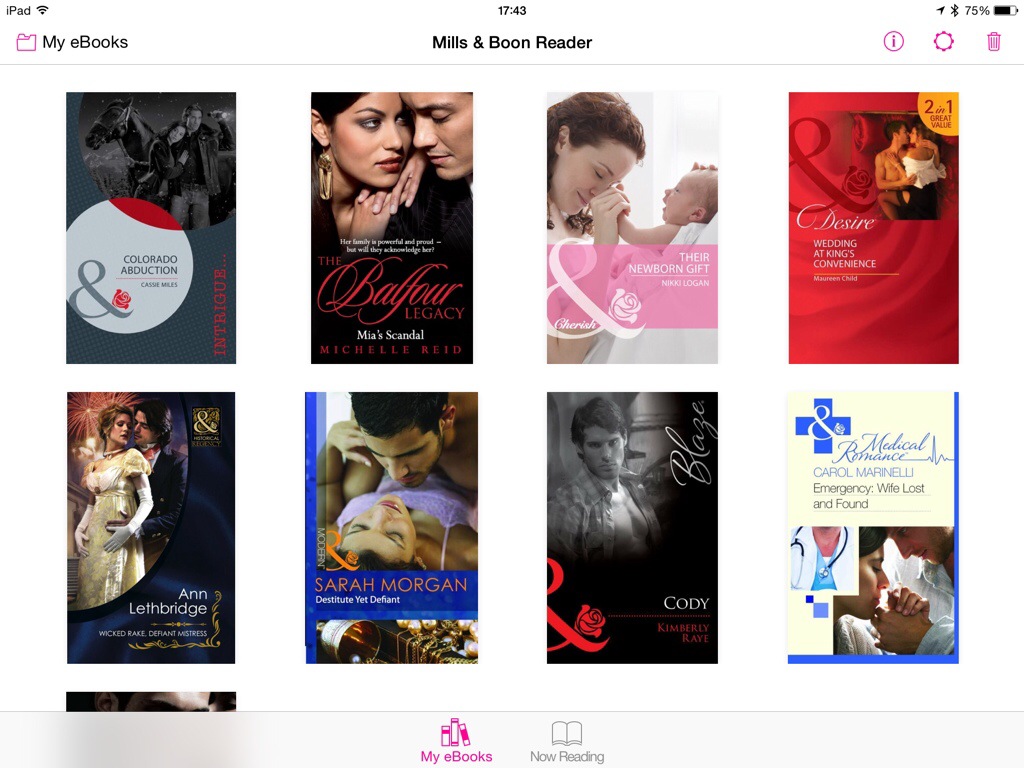High heels make you stand up straighter, they push your shoulders back and you look more confident, they somehow do nice things to how your calves look. What’s not to like? Apart from the way they destroy your feet, hurt like the devil and if men like them so much, let them bloody well wear ’em for a bit and see what it’s like.
Men did wear high heels. We wore them first. We came back to our senses. This is one of myriad tiny moments of information I relished in this week’s edition of the 99% Invisible podcast. It’s a really well-made series about design and it appeals to the part of me that thinks of the details in how we do things, why we do them, and whether they help us or not.
Usually, I just have a good time listening to this show but this week’s one about the engineering and the history of high heels is particularly fascinating. There is something just riveting to me about its detail on how engineering and design solved certain problems in making heels and how that contrasts with how they are the devils’ torture tools.
You’ll wince a lot but you’ll also laugh. There’s a moment when the regular presenter Roman Mars recommends Googling a particular topic but deeply strongly advises that you don’t use the image search. “There are some things you just can’t un-see.”
